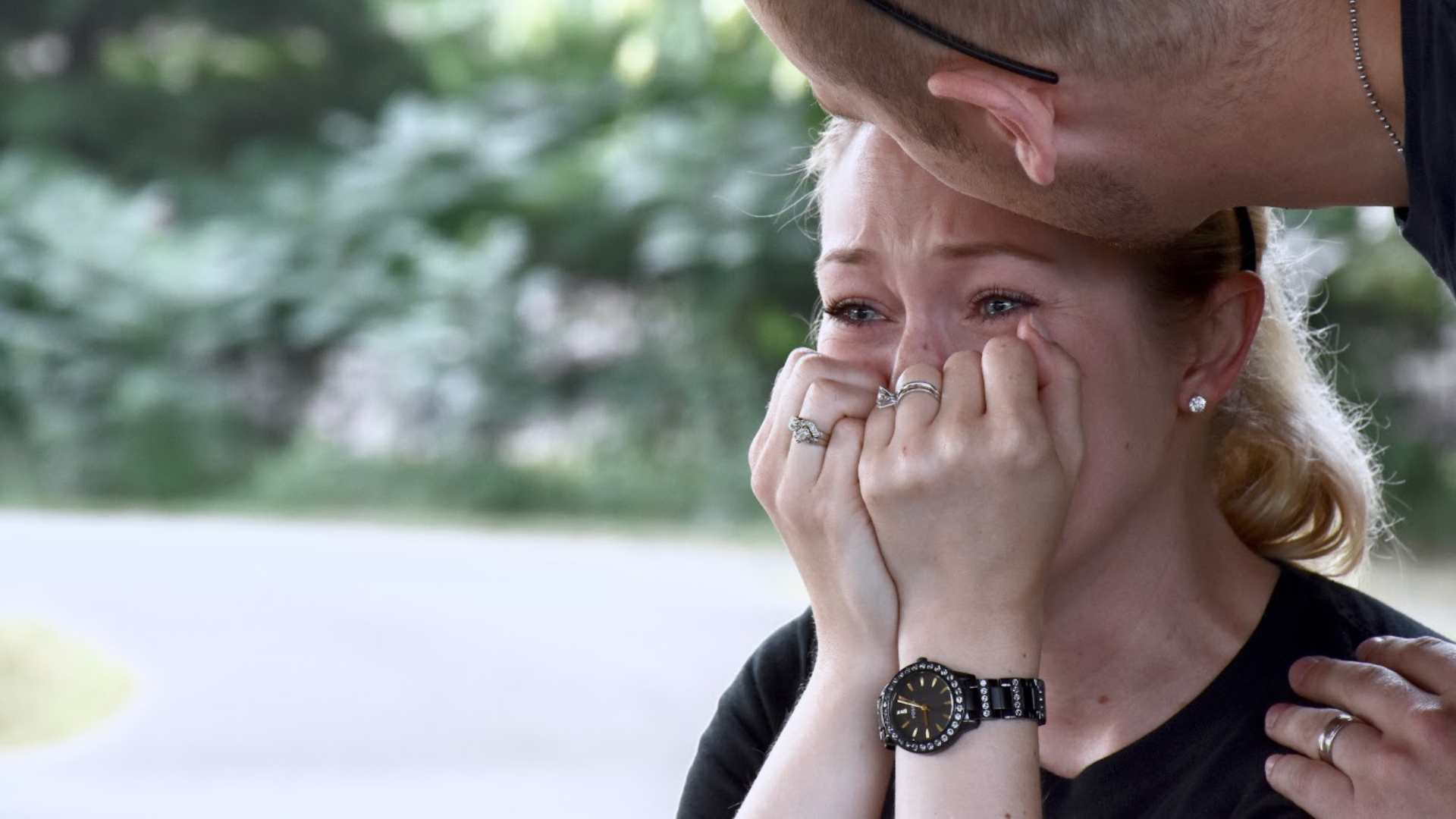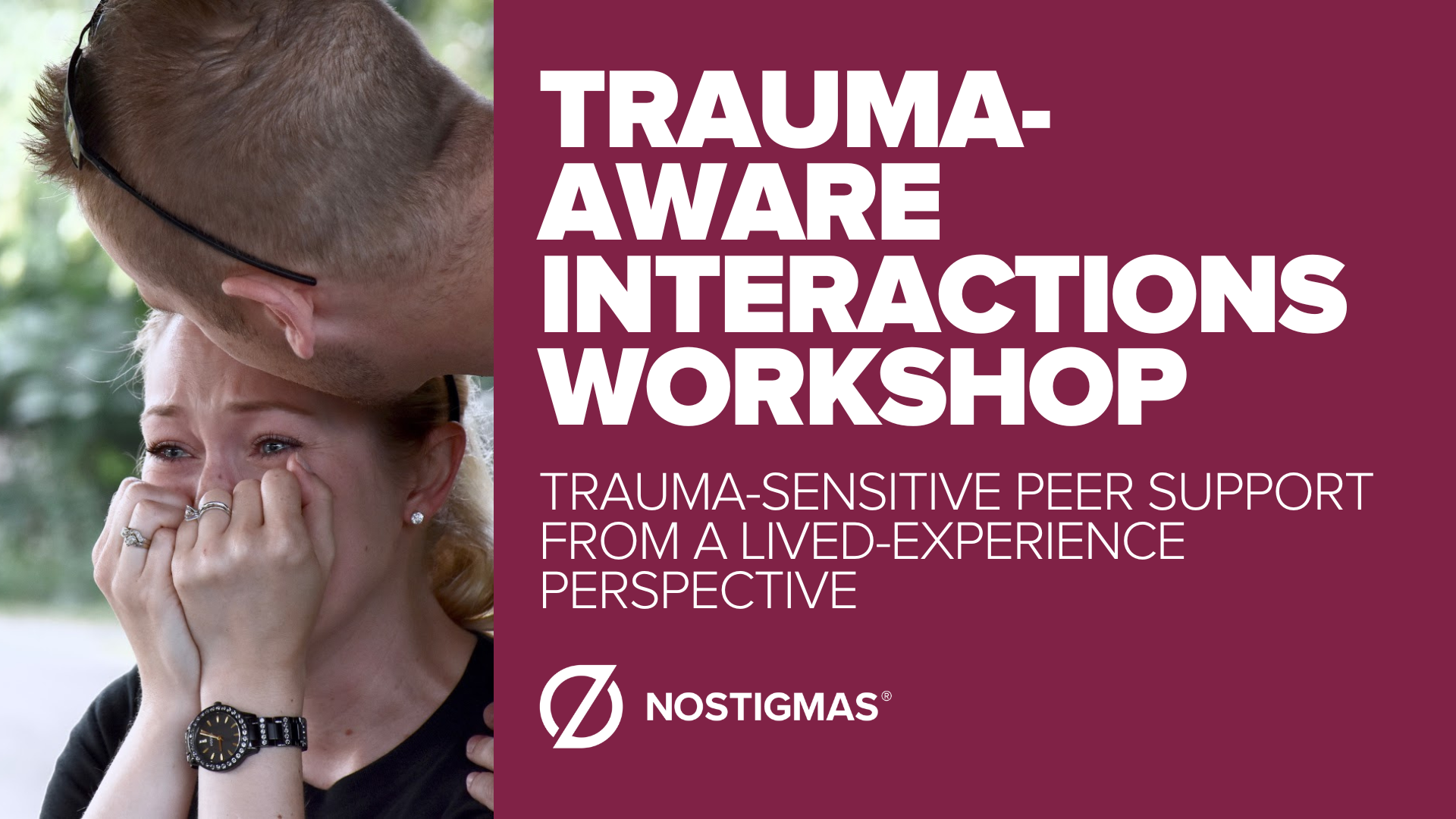Trauma is more common than people estimate. Trauma is defined as a deeply distressing or disturbing experience. What are Trauma-Aware Interactions?
By utilizing techniques of Trauma-Aware Interactions, we may help build resiliency and prevent re-traumatization of individuals who have experienced any type of trauma. While Trauma-Informed Care is the evidence-based framework used in a clinical environment, Trauma-Aware Interactions are evidence-informed skills and techniques that are used as an ally via peer support. Our workshop reinforces how important it is not to overlook the impact of these traumas. We empower our participants to remember that individuals who have experienced trauma can learn and develop through the recovery process, and impact others by sharing their story.
OUR APPROACH
Traumas may not be life threatening, but can leave a person feeling notably helpless. We educate more about the effect of repeated exposure to small “t” traumas, especially in early childhood and adolescence, which can cause delays in brain development due to cumulative damage. In this workshop, we’ll explore how everyone will experience a valid response to trauma because it is subjective. These traumas can affect how individuals respond to communications, actions, or events due to their body’s reaction to past experiences. This reaction is the body’s perception of the moment.
THE WORKSHOP
The Trauma-Aware Interactions Workshop promotes trauma-sensitive peer support from a lived-experience perspective. The workshop is divided into three sections.
Identify and define trauma and situations
How trauma affects reactions
Signs of trauma
Practice communication and interactions skills
Defines trauma-informed care and
illustrates the difference it can make
Learn how to take positive action
Have a conversation with someone while being trauma-aware
Volunteer
Share your story


